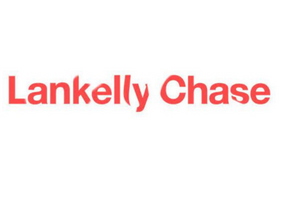A major charitable foundation has reported that an increasing number of its funding applicants feel they face barriers to accessing its financial support.
Esmée Fairbairn Foundation’s report shows that though unsuccessful candidates are receiving increased feedback, some are frustrated by not knowing the specifics for their rejection.
The foundation said that it had worked to improve its processes in recent years but would look to respond to issues raised in the latest survey.
Some found feedback ‘unhelpful’
Between 29 January and 26 February this year, nfpResearch surveyed 191 Esmée Fairbairn Foundation fundees and 258 unsuccessful funding applicants.
It found there had been an increase in the percentage of unsuccessful applicants who feel they have encountered barriers to accessing its funding (47%) compared to three years earlier (38%), when it last ran a survey.
“Unsuccessful applicants cite a range of reasons, but mainly they feel that without an existing connection, the door to your network is shut,” the report reads.
The report says that while more unsuccessful applicants say they are receiving feedback compared to 2021, “they are more likely to find it unhelpful than helpful”.
“Unsuccessful applicants are particularly frustrated by not knowing the specifics of the reason for their rejection,” it reads.
“This often leaves them guessing and could be connected to the increase in perceived barriers.”
Foundation: ‘There has been clear improvement’
Esmée Fairbairn Foundation’s director of communications and learning Gina Crane said the foundation published the report because it hopes “to show positive progress made since the 2021 survey, but also to be open about the difficulties people still face in applying to us”.
“The changes we made to our application process after the last survey are making a positive difference to applicants,” she said.
“There has been clear improvement in the ‘reasonableness of our process’ when compared to 2021, likely driven by changes we made to our expression of interest form, which we expanded from 100 words to 300 words, and introduced a flexible word count over the two questions.”
In 2023, the foundation started running pre-application Q&A webinars to help organisations decide whether they should invest time in applying.
The foundation says it has increased the support given to organisations it has funded before: 36% of grants made in 2023 (82 organisations) were given to organisations that were new (compared to 39 organisations in 2022).
Crane said: “The ugly truth of being an open funder in the UK in 2024 is that we still have to say no far more often than we can say yes.”
Over the next few months the foundation said it will be looking in more detail at how to respond on barriers and how it can be clearer about its approach, among other steps.
As with the last survey, it will report back on actions taken in response to the findings.
Related Articles











